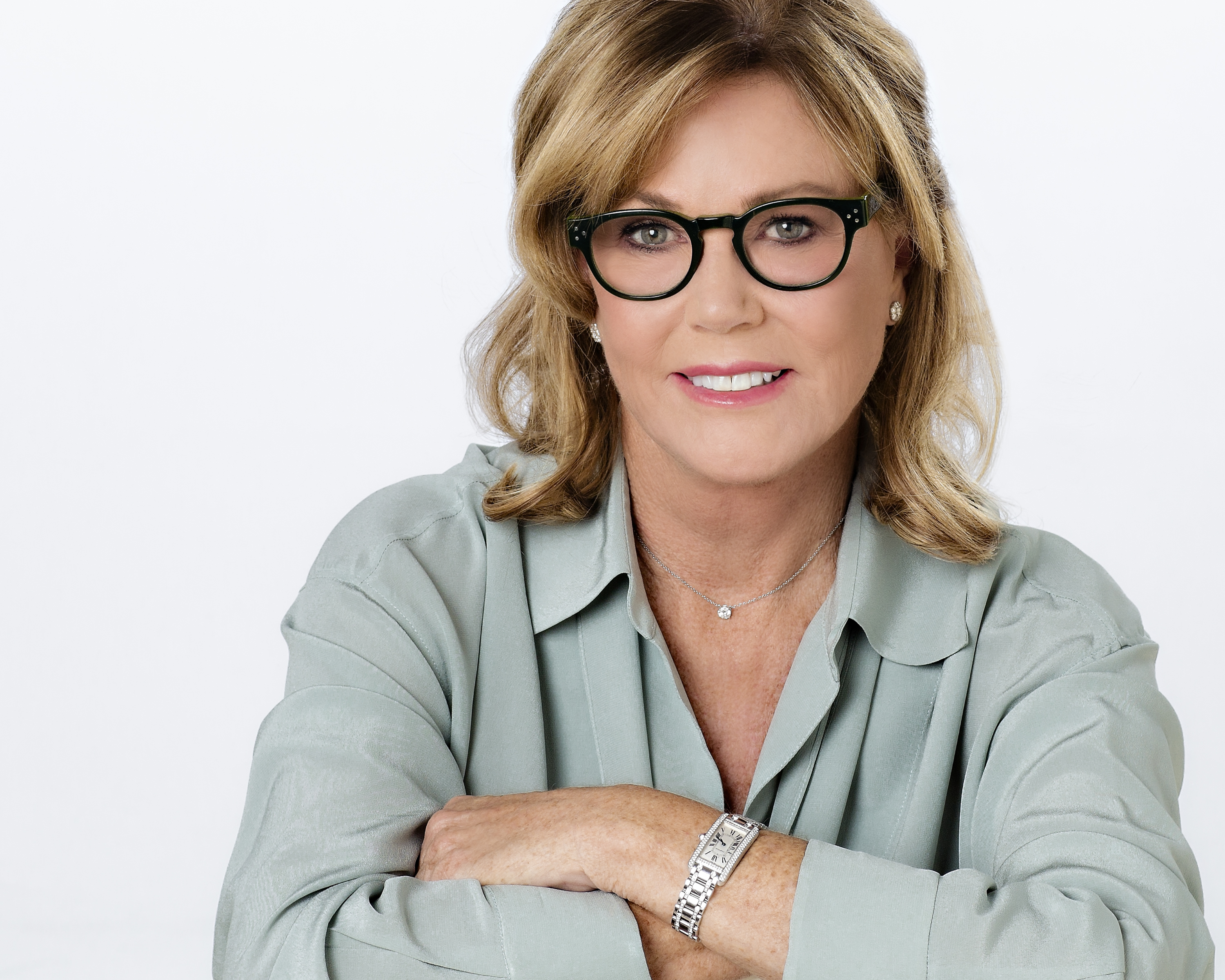| Just over a year ago, change swept through the world. Active people were suddenly spending their days at home. Confusion reigned in terms of what was and wasn’t safe to do, and a new normal was created. Now change is sweeping through again. However, this time, it’s traveling in the opposite direction. Vaccination has now occurred for more than one-third of Americans, and that percentage is expected to grow rapidly in coming months. Life is opening back up, but at the same time, a new confusion has arisen. What is safe for vaccinated people to do? Are the new variants a concern? When and how should we resume normal activities? Do we want to resume all of our normal activities? “The world is a different place; there’s going to be a lot of adjusting,” said Brenda Birdwell, a family consultant at Coast Caregiver Resource Center in Ventura County. For example, within the caregiver support groups that she leads, “there are some people who are anxious to meet in person again, while there are others who never want to meet in person again.” During the past year, online support groups were a lifesaver for many caregivers, allowing them to meet with others, sometimes from distant locales that made in-person meetings impractical. For other caregivers, online meetings were a disaster. Their computer and loved one were necessarily in the same room, and there was no way to achieve the privacy necessary for a support group to work. Now there are new adjustments. At Coast Caregiver Resource Center, some support groups may remain online, while others will transition to in-person by July, Birdwell said. The organization may experiment with a combination group that allows some members to remain online, while the majority meet in person. The larger world is experiencing similar adjustments as each day, vaccination availability and variant news changes. To navigate these ever-shifting realities and life as a caregiver in general, Birdwell offers the following advice: 1) Find Your Happy Place For each caregiver, this place will be different. For some caregivers, it may simply mean a trip to the bathroom. For others, the happy place might involve walking the dog or closing one’s eyes for an imaginary visit to Tahiti. “You have to know where your happy place is, you have to trigger yourself to go there, and you have to go there every day,” Birdwell insists. “We think self-care is a luxury, and we can’t afford it or make time for it, but it’s really super important and we have to make time for it.” 2) Acknowledge and Be Kind to Yourself The experience of caregiving, whether stuck in a house with a loved one for 24 hours or disallowed from seeing your loved one due to covid nursing home regulations, can be an incredibly difficult challenge. Take the time to be kind to yourself and acknowledge that you’re doing something that can be painful. Find ways to reduce your stressors and get a break, even if only for a couple of hours. “This is really hard,” Birdwell said. “At the end of it, you’re a human being and you have to make yourself a priority.” 3) Set Boundaries Unfortunately, when someone has suffered a stroke, dementia, or another disorder, their behavior may become unpleasant, so it’s important to set boundaries. “Sometime people can be mean, and it’s not ok to not be treated well,” no matter what ailment may be contributing to this behavior, Birdwell said. “Say, ‘I don’t like it when you talk to me that way.’ Otherwise you’re giving pieces of yourself away.” Even if such behavior stems from a severe diagnosis and has gone on for months or years, it can be stopped. “It’s never too late to establish a boundary.” 4) Treat Yourself “When the world opens up again, it’s so important to treat yourself, whether it’s getting a manicure, ice cream, brownies, or beer,” Birdwell said. “Make yourself a queen for the day. If you can’t do it for a day, do it for two hours. Put it on the calendar. Make an appointment for yourself. It might mean not doing anything. That’s ok too. The important thing is to treat yourself.” |
| Thank you for reading, please share with a friend, and stay well! |
Article by Kathi Koll © 2021


